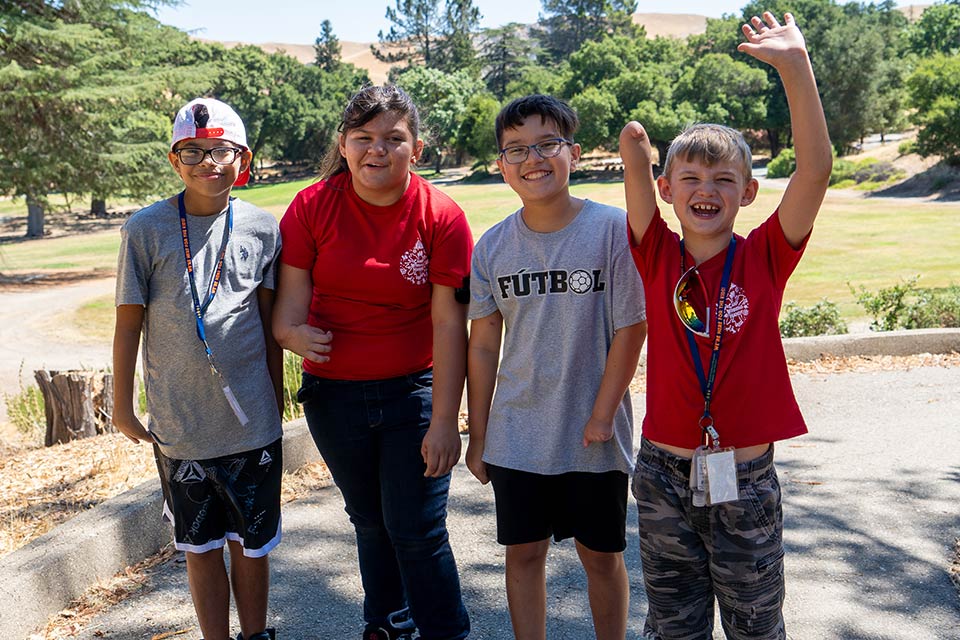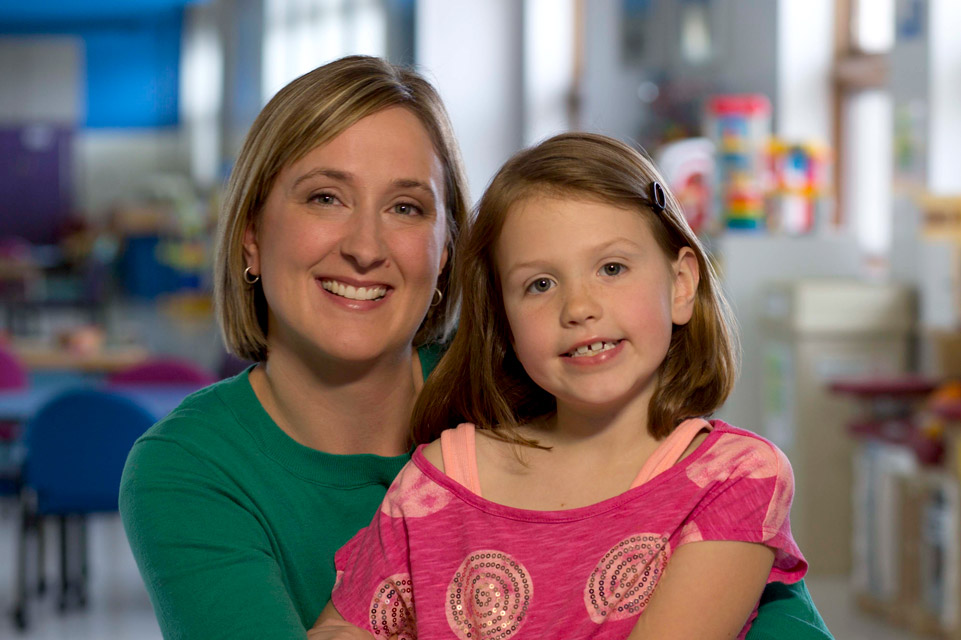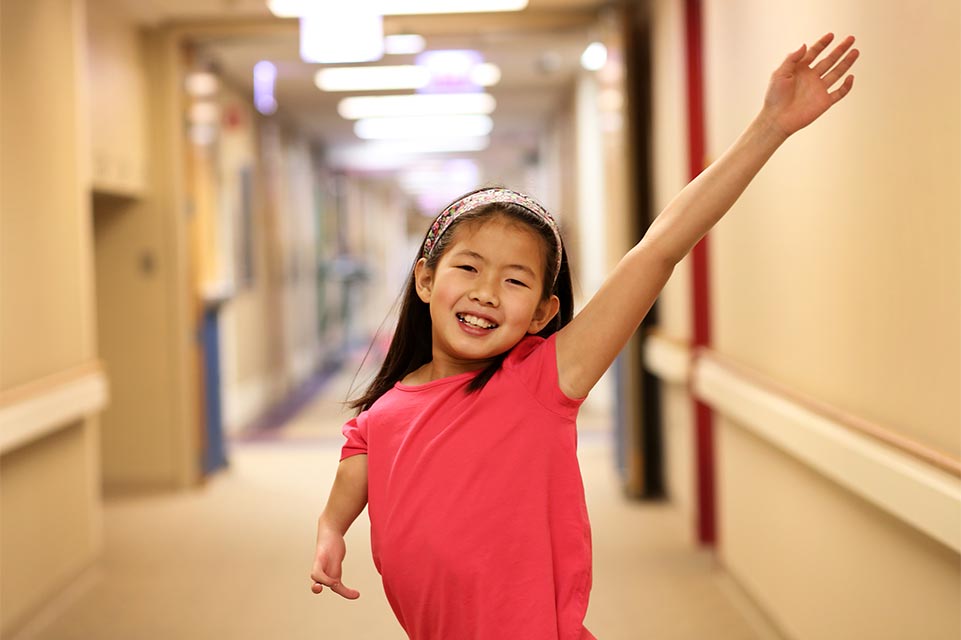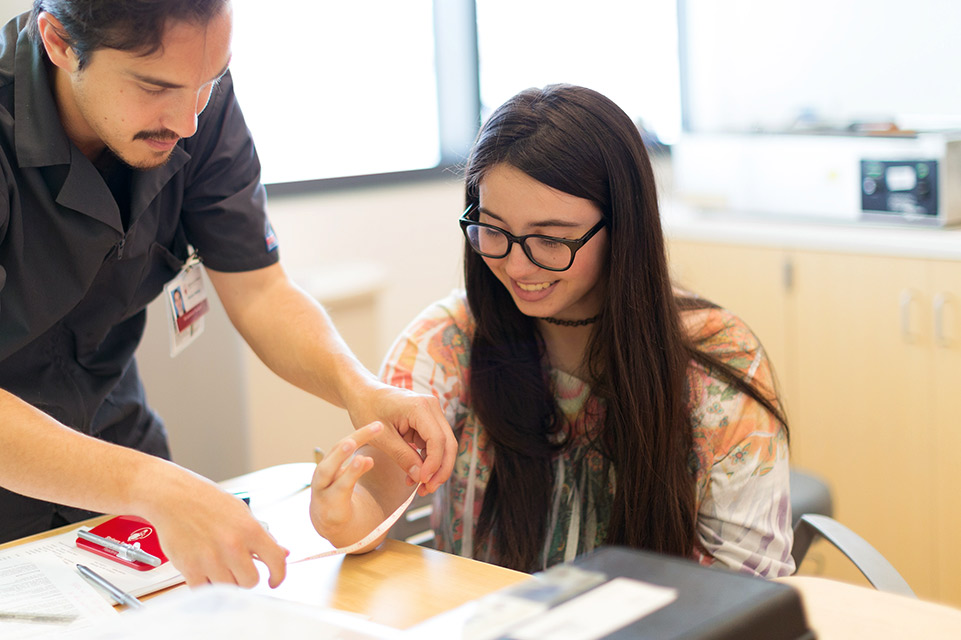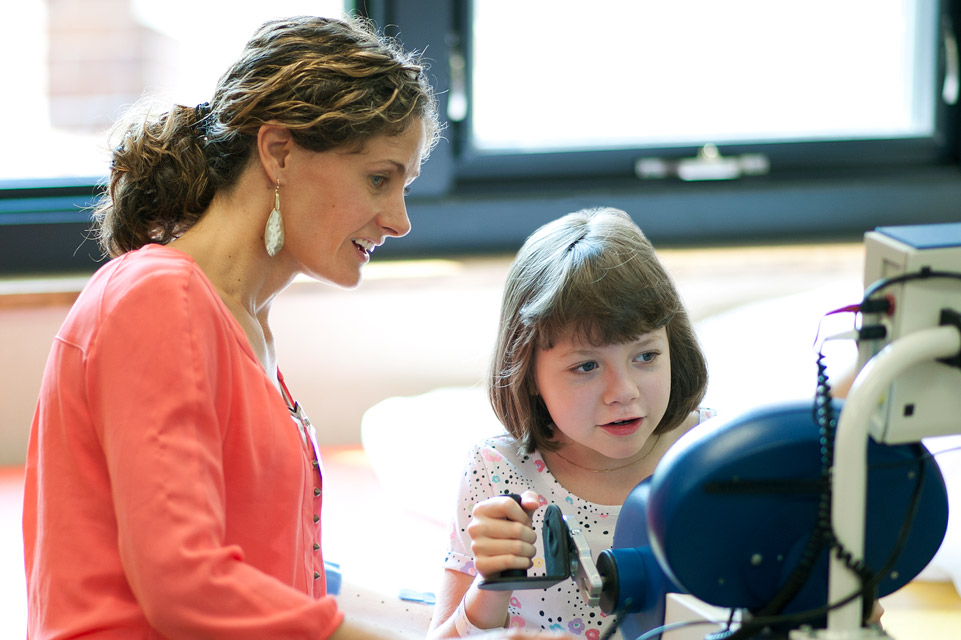Congenital Hand Differences
Congenital Hand Differences (CHD) refers to all physical differences of one or both hands, arms, or shoulders that are present at birth. Acquired hand differences are hand differences that are caused by injury or disease after birth. Children who acquire differences may have challenges similar to children with CHD. CHD is the term used on this website as it is most accessible for new parents and all limb differences will likely involve the difference of a hand. Congenital hand differences can also be called “congenital upper limb differences” or “congenital limb differences” or “limb differences.” Choose the terminology that best fits your family.
Congenital Hand Differences can be the addition or enlargement of features, fused or webbed features, and/ or the absence or reduction of features. “Features” refer to all anatomical structures of the hand, primarily bones, muscles, and skin. Some CHD have specific names like “macrodactyly” or “syndactyly.” Other conditions are called “limb deficiency.” Others relate to conditions in the body, such as Poland syndrome or Thrombocytopenia-Absent Radius. Some CHD are genetic.
Parents of a child with CHD have common areas of concern with the cause of the CHD. The explanation or reason for a CHD is usually unknown. It is usually not the result of behavior or action that anyone did or did not do. The Parent Experience Page on this site addresses parental concerns in detail.
The most important thing to know is that your child can do and will do all of the activities he/she wants to do! Your child may benefit from different supports such as adaptive strategies, assistive devices, prosthetic devices, therapeutic interventions, and/or surgical interventions. Everyone Pediatric Hand Study Group is here to help along the way.
This webpage is intended to serve as an accessible format to address parent concerns when raising their children with CHD. The “We” used throughout the website refers to opinions and perspectives gained through research, clinical experiences, and lived experiences of Sarah Tuberty, Doctorate of Occupational Therapy and Michelle James, MD.
We invite you to explore the resources and supports in this site developed for you when it comes to raising your child with a CHD.
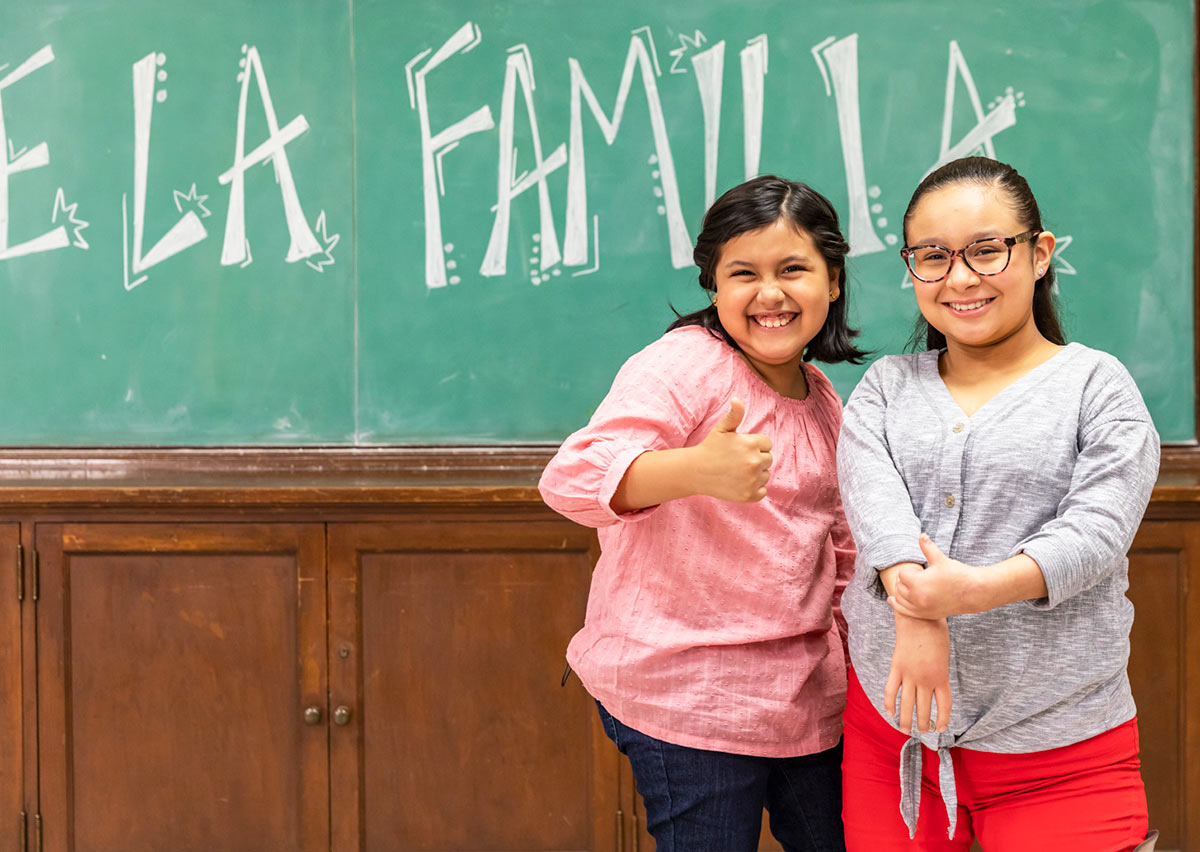
Insights
Understanding congenital hand differences is a journey, and every piece of knowledge can make a difference. Here in our Insights section, we aim to provide families, caregivers, and healthcare professionals with valuable perspectives on these conditions. Discover expert articles, research summaries, and personal stories that shed light on the challenges and advancements in pediatric hand care. Our goal is to empower you with information that supports better care, fosters resilience, and builds a supportive community for those affected by congenital hand differences.

